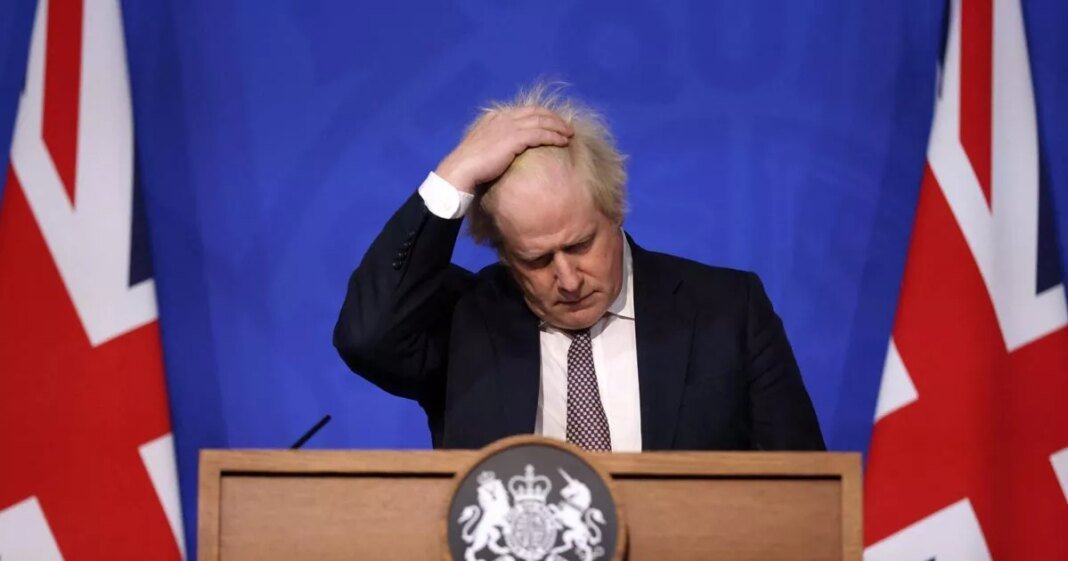Boris Johnson is under pressure to lose the financial support provided to former Prime Ministers amid allegations of leveraging his connections from his time in office for personal gain.
Reports by The Guardian detailed claims that Johnson used his influence and contacts accumulated during his tenure as Prime Minister to his advantage before his resignation due to the partygate scandal. The allegations suggest that Johnson organized a dinner for a Conservative peer who funded the renovation of his Downing Street residence shortly after a lockdown was initiated.
Accusations also include Johnson allegedly lobbying a high-ranking Saudi official he met during his time in office to secure a business opportunity with Crown Prince Mohammed bin Salman, as well as receiving over £200,000 following a meeting with Venezuelan President Nicolas Maduro. Additionally, Johnson is said to have had a clandestine meeting with Peter Thiel, the founder of the controversial data firm Palantir, prior to the company’s involvement in managing NHS data.
The leaked files, obtained by the US-based non-profit Distributed Denial of Secrets (DDoS), primarily cover the period post-Johnson’s premiership, from September 2022 to July 2024, along with some documents from his time in office.
The Public Duty Costs Allowance, intended to support former Prime Ministers engaged in public service, provides up to £115,000 annually for office and administrative expenses related to public responsibilities.
The Labour Party has demanded answers from Johnson regarding his conduct during and after his term, emphasizing that public funds for ex-prime ministers should serve public service purposes rather than individual business endeavors. Calls have been made for Johnson’s allowance to be revoked should he be found to have misused the privilege.
Furthermore, the Liberal Democrats have joined the chorus in urging Johnson to be stripped of his financial support, citing the need for accountability and highlighting concerns over potential misuse of taxpayer money.
In response to the allegations, Johnson dismissed the claims as baseless, asserting that his utilization of the Public Duty Costs Allowance was in compliance with regulations and criticizing The Guardian for what he deemed as misleading reporting.

